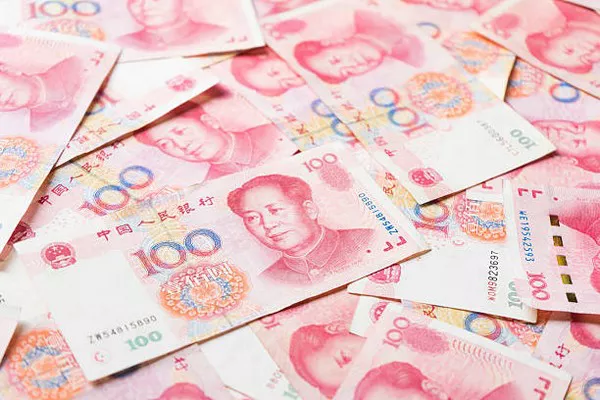In the intricate web of international finance, the role of currencies plays a pivotal role in shaping economic landscapes. China, as one of the world’s economic powerhouses, often finds itself under the scrutiny of global observers regarding its dependence on the US dollar. This article explores the multifaceted relationship between China and the US dollar, delving into historical context, economic considerations, and the evolving dynamics that define this crucial interplay.
Historical Context:
The post-World War II Bretton Woods Agreement established the US dollar as the world’s primary reserve currency, tethered to gold. However, in the early 1970s, the United States abandoned the gold standard, transitioning to a fiat currency system. This shift had far-reaching implications, as it allowed the US dollar to float freely, impacting its value and global significance.
China, having undergone economic reforms in the late 20th century, gradually integrated into the global economy. The opening up of its markets and the implementation of export-led growth policies contributed to its economic ascent. As China emerged as a major player in international trade, the US dollar naturally became a linchpin in its financial dealings.
Economic Considerations:
China’s reliance on the US dollar is primarily rooted in the structure of global trade and finance. The majority of international transactions, including those involving China, are denominated in US dollars. Commodity prices, such as oil and gold, are also predominantly quoted in dollars. This widespread use of the dollar simplifies transactions and fosters economic efficiency, making it a pragmatic choice for international trade.
Furthermore, the US dollar’s status as the world’s primary reserve currency makes it an attractive store of value for central banks and sovereign wealth funds. China, holding vast foreign exchange reserves, has historically invested a significant portion in US dollar-denominated assets, including Treasury bonds. This practice not only provides a safe haven for reserves but also helps stabilize the value of the yuan, China’s own currency.
Trade Imbalances and Exchange Rate Policies:
One of the critical factors influencing China’s reliance on the US dollar is the persistent trade imbalance between the two nations. China has consistently run trade surpluses with the United States, resulting in a substantial accumulation of US dollars. This surplus further cements the importance of the US dollar in China’s economic framework.
China’s exchange rate policies have also played a role in its relationship with the US dollar. Historically accused of undervaluing its currency to boost exports, China has taken steps to allow the yuan to appreciate gradually. This shift is aimed at addressing international concerns and fostering a more balanced global trade environment. As the yuan appreciates, China may experience a reduced dependency on the US dollar, though the process is gradual and complex.
Diversification Efforts:
In recent years, China has shown a growing awareness of the risks associated with overreliance on the US dollar. Geopolitical tensions and the unpredictability of global economic conditions have prompted Chinese policymakers to explore strategies for diversifying their foreign exchange reserves. Efforts to internationalize the yuan, also known as the renminbi, have gained traction, with initiatives such as the Belt and Road Initiative fostering the use of the yuan in international trade.
Moreover, China has sought to broaden its investment portfolio beyond US dollar-denominated assets. Increasing investments in other major currencies, commodities, and even gold reflect a strategic shift towards reducing vulnerability to potential fluctuations in the US dollar’s value.
Global Economic Shifts and the Rise of Multipolarity:
The global economic landscape is undergoing significant transformations, marked by the rise of multipolarity. As emerging economies gain prominence, the influence of the US dollar may undergo adjustments. China, in collaboration with other nations, has advocated for a more diversified international monetary system, aiming to reduce the dominance of any single currency.
See Also What Currency Does China Want?
Conclusion:
China’s relationship with the US dollar is deeply ingrained in the dynamics of international trade, finance, and geopolitical considerations. While the country has historically relied heavily on the US dollar for trade and investment, ongoing efforts to diversify foreign exchange reserves and internationalize the yuan signal a changing landscape. As the global economy continues to evolve, China’s approach to currency dependence will likely adapt, reflecting a broader shift towards a multipolar world order. Understanding the nuanced interplay between China and the US dollar is crucial for policymakers, economists, and businesses navigating the intricacies of the modern global economy.


